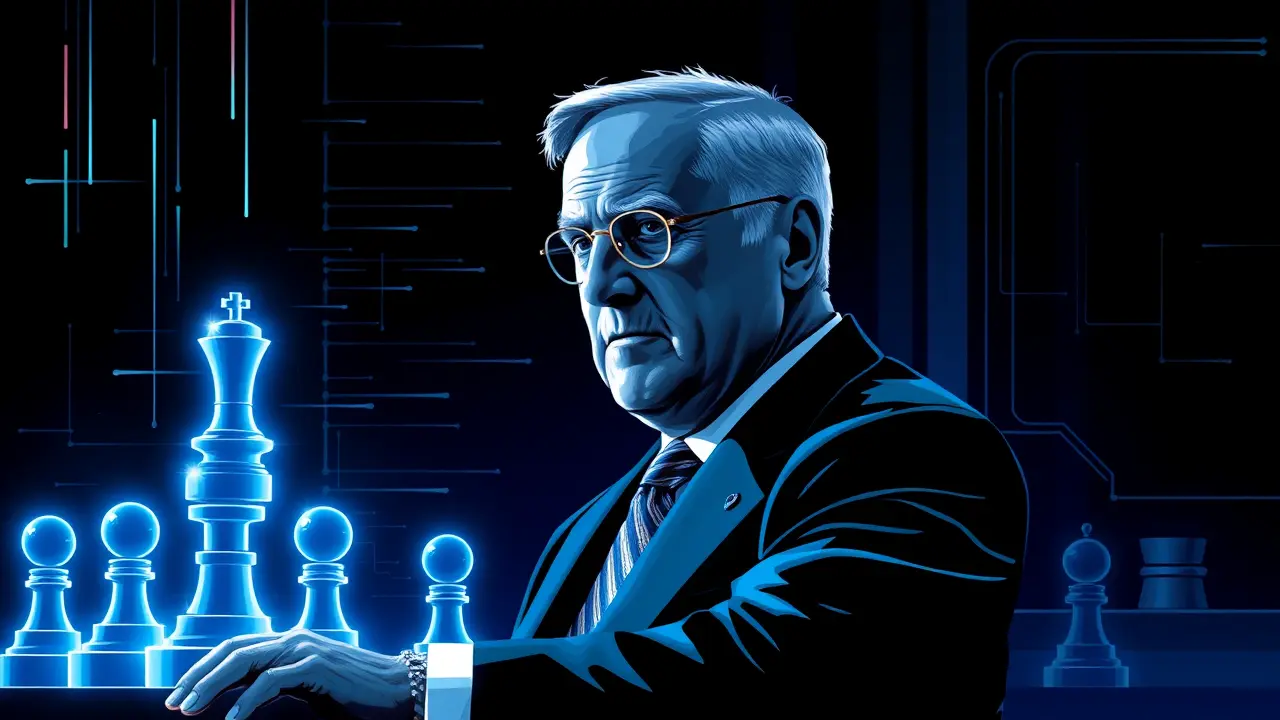
Politicsgovernments & cabinetsLeadership Transitions
Dick Cheney's Political Ideology and Leadership Style
RO
Robert Hayes
9 hours ago7 min read1 comments
For years before taking office, the former Vice-President appeared less dogmatic than he was, a political calculation that masked the unwavering ideological core which would come to define one of the most consequential and controversial tenures in modern American governance. To understand Dick Cheney is to engage not with the public persona of a pragmatic Washington insider, which he so effectively cultivated during his early congressional career and his tenure as Secretary of Defense under George H.W. Bush, but with the deeply held convictions of a man who, upon assuming the vice-presidency, operationalized a philosophy of expansive executive power with a relentlessness that reshaped the nation's constitutional balance.His leadership style was not one of charismatic public persuasion but of quiet, formidable influence exerted from the West Wing's shadowy corridors, a style reminiscent of historical figures like Cardinal Richelieu, who understood that true power often resides not in the throne itself but in the counsel whispered to the one who sits upon it. Cheney’s worldview, forged in the crucible of the Cold War and the perceived failures of the post-Vietnam and post-Watergate era—a period he saw as dangerously constraining presidential authority—was fundamentally rooted in a Hobbesian belief in a dangerous world requiring a powerful, unitary executive, particularly in matters of national security.This ideological framework, often at odds with his earlier reputation for moderation, became starkly evident in the immediate aftermath of the September 11th attacks, where he championed policies from the robust authorization for the use of military force and the creation of the Guantanamo Bay detention facility to the vigorous defense of enhanced interrogation techniques and the comprehensive surveillance programs of the NSA. Analysts often compare this strategic unveiling to a grandmaster’s play in chess, where early, seemingly conventional moves give way to a radical and controlling mid-game strategy; Cheney’s pre-office demeanor was the opening, his vice-presidency the decisive, aggressive gambit.His methodology involved a meticulous control of information and bureaucratic process, often chairing key meetings and establishing task forces that bypassed traditional interagency debate, ensuring his doctrinal preferences on everything from the Iraq War's intelligence to environmental deregulation were translated directly into action. The consequences of this leadership are still being litigated today, both in courtrooms examining the limits of wartime powers and in the academic circles that debate the long-term health of American democracy.While his supporters argue that his steadfastness and vision were essential in preventing a second attack on American soil, his critics contend that the very institutions he sought to protect were weakened by an approach that often treated dissent as disloyalty and legal nuance as an obstacle. The Cheney legacy, therefore, presents a profound historical parallel: it forces a re-examination of how leaders are assessed, reminding us that the true measure of a political figure often lies not in the flexibility they project on the campaign trail, but in the immutable principles they enact when the levers of power are finally, and fully, within their grasp.
#editorial picks news
#Dick Cheney
#conservatism
#political ideology
#vice president
#US politics
#leadership analysis
Stay Informed. Act Smarter.
Get weekly highlights, major headlines, and expert insights — then put your knowledge to work in our live prediction markets.
© 2025 Outpoll Service LTD. All rights reserved.